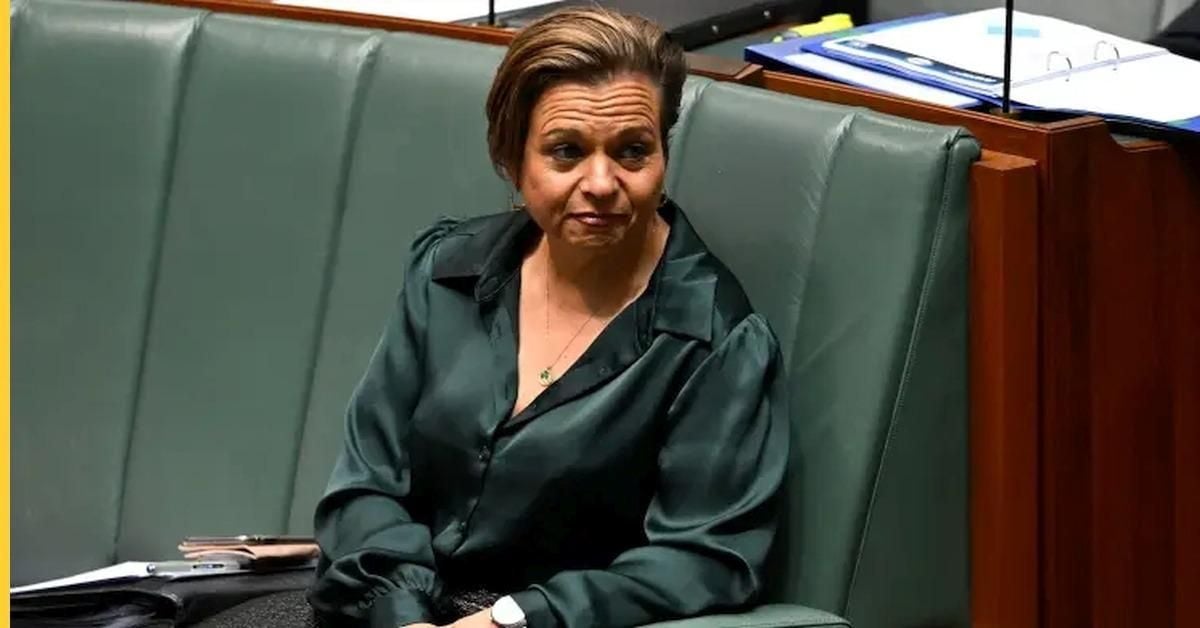Australia Delays Gambling Advertising Reform Again

- by Admin
- November 26, 2024

Australia’s Labor government has decided to push back the implementation of much-anticipated reforms on gambling advertising until 2025. This decision was made public over the weekend, raising eyebrows among stakeholders who had hoped for significant changes to be announced by the end of this year. Prime Minister Anthony Albanese’s administration is facing considerable pressure as it navigates the contentious waters of gambling policy, and as it stands, the official proposal remains under wraps.
Initially, reforms were informed by the Murphy Report released back in June 2023, which outlined 31 significant recommendations aimed at overhauling the gambling sector’s advertising practices. Among the recommendations was the need for tightening regulations surrounding gambling ads, especially those targeting young audiences. It was believed these reforms would bring much-needed changes to the way gambling is marketed, with advertising restrictions highlighted as particularly urgent.
Communications Minister Michelle Rowland had committed to rolling out the new advertising restrictions, promoting them as necessary to combat the harmful impacts of gambling on individuals and society. Nevertheless, with the clock ticking down to the end of 2024, reports have surfaced indicating the plans will now be tabled for another year.
According to reports from Sky News Australia, sources within the government have expressed doubts about achieving progress this year due to pressures from various industry stakeholders concerned about the financial ramifications of stricter advertising laws. This contradictory stance has left many observers questioning the government’s commitment to changing the current gambling advertising culture, which has entrenched itself within Australia’s sports media.
Conflicting reasons for the delay have emerged among government ministers. Sports Minister Anika Wells suggested the delays are primarily due to the need for more extensive negotiations with stakeholders, as not all parties involved have agreed upon the proposals introduced. Wells emphasized, “I’ve got concerns about how [gambling] is impacting sport integrity and how this is impacting our athletes who are being targeted by people because of this.” She acknowledged the sensitive balance between financial support for sports through gambling ads and the potential harm they inflict on society.
On the other hand, Assistant Minister for Treasury Andrew Leigh attributed the setback to insufficient votes within the Senate to pass the proposed legislation—an indication of the growing division within the Labor Party itself. Leigh noted, “It’s quite clear at the moment the numbers aren’t there to progress the reforms the government has put through which would significantly curtail gambling ads around major sporting events.” Supporters of the legislation had hoped to see substantial reductions in gambling advertisements before and after matches, with some discussing the idea of establishing blackout periods.
Independent MP Andrew Wilkie has publicly expressed frustration with the current government’s indecision, accusing it of cowardice when confronted with the weight of gambling companies’ influence. Senators like David Pocock have echoed these sentiments, labeling the administration as “gutless.” Advocacy groups and critics alike have rallied against the delays, urging the government to prioritize public health over financial gain from the gambling industry.
While the exact content of the proposed reforms remains largely unknown, sources have floated several potential measures during discussions. Among the suggestions is banning gambling advertisements from broadcasting one hour before and after live sports events. Commentary on betting odds during matches could also be curtailed under these proposals. Current estimates suggest the reforms could allow only two gambling ads per hour on TV and exclude such ads during children’s programming entirely.
Despite the growing demand for stricter regulations, the government is reportedly reluctant to implement outright bans on all forms of gambling promotions. The late Peta Murphy’s report had suggested this approach, which campaigners seized on as necessary to protect vulnerable populations from the barrage of gambling content.
Complicatively, the gambling industry itself is mobilizing efforts to lobby for more flexible restrictions rather than complete prohibitions. Industry voices propose limiting advertising only during certain hours around live sporting events, expressing concerns about financial viability if stringent measures are implemented.
The Australian Greens party has taken advocacy to the next level, introducing its own bill advocating for a complete ban on gambling advertising. This legislation already faced its second reading but has since stalled, reflecting the fragmented political consensus on how to address this issue comprehensively.
The debate concerning gambling advertising is rife with geopolitical parallels. For example, movements similar to Australia’s efforts can be seen internationally, such as the legislative moves in Serbia, where the Green Left Front is championing for comprehensive advertising bans amid growing concerns about gambling’s societal impact.
With Australia’s proposed reforms now indefinitely stalled, advocacy groups continue to urge the government for prompt and decisive action aimed at curbing the societal harms tied to gambling advertising. The lack of clarity surrounding future legislative measures leaves many stakeholders awaiting the government’s next steps with bated breath. The current environment suggests any maneuvers surrounding gambling advertising are not only contentious but laden with political and financial pitfalls.
Meanwhile, the clock continues to tick down toward 2025, with consumers and advocates alike left to wonder when they might finally see meaningful changes to protect vulnerable populations from the aggressive marketing strategies prevalent within the gambling industry. With the next parliamentary sitting on the horizon, all eyes will remain on how and if Prime Minister Albanese and his administration choose to chart their course forward amid swirling political currents.
Give Feedback. How was this article?
You can help us improve by leaving feedback specific to
this content.
How would you rate the quality of this article?
Which of the following feelings did this article evoke in
you?
Multiple Selection
How easy was it for you to find the information you were
looking for in this article?
Super Hard😱
😎Super Easy
Artificial intelligence is increasingly used in content
creation. What percentage of this article do you estimate was generated by AI?
How can we improve this article (or our articles in
general)?
Do you have any other suggestions for improving our content
or
website?
Thanks for the feedback
Thank you for supporting us to improve ourselves with your
feedback.
The Latest News
-
November 26, 2024What happened when Andy Murray and Novak Djokovic played doubles together back in 2006 at the Australian Open
-
November 26, 2024AIMEX showcases Australian innovation and expertise at METSTRADE 2024 – Marine Business News
-
November 26, 2024Craig Hutchison ‘honoured’ to return to Channel 7 as AFL host
-
November 26, 2024Live: ASX set to rise ahead of monthly inflation figures, Wall Street higher
-
November 26, 2024Australia Post apologises to business owners repeatedly overcharged by automated parcel measuring system




